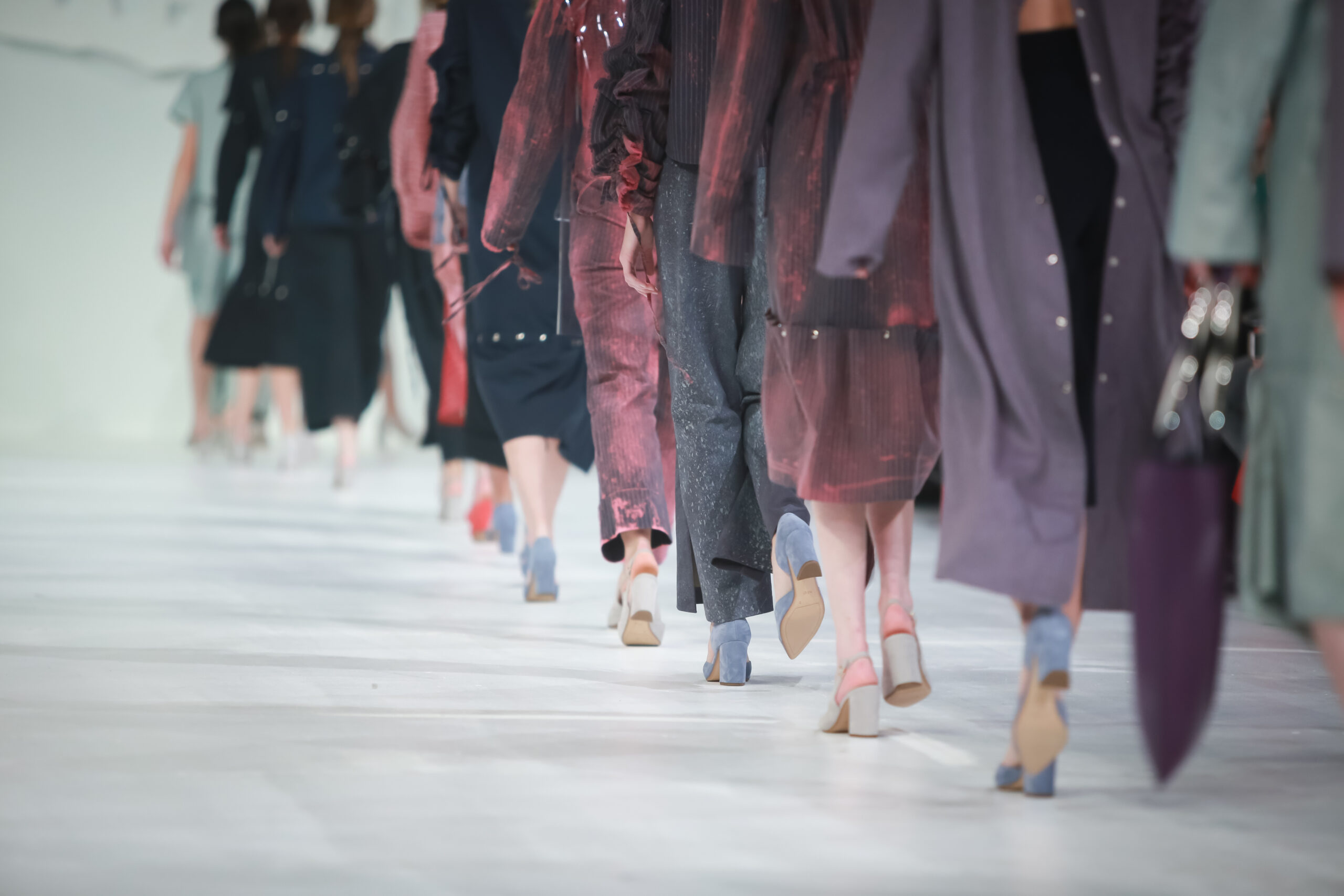New York State Fashions New Amendments to its Labor Law to Protect Models
by Hannah R. Brefeld & Lucia Mead
New York City has long been known as the City of Dreams for a reason. It is a hub of endless opportunities for individuals in the arts, entertainment, and media. The City is particularly attractive to models, who flock to the epicenter of American fashion. In the 1998 Sex and the City episode “Models and Mortals,” the sitcom offers pointed commentary on the seemingly untouchable models and their place within the City. Carrie Bradshaw describes men addicted to dating only models, aka “modelizers,” as men obsessed not with women per se, but the idea and image of models. She states,
“Modelizers are obsessed, not with women, but with models, who in most cities are safely confined to billboards and magazines, but in Manhattan, actually run wild on the streets, turning the city into a virtual Model Country Safari where men can pet their creatures in their natural habitat.”
Ms. Bradshaw’s metaphor of a “Model Country Safari” encapsulates how models in New York are both visible and mythologized – abundant throughout the City in a way unmatched by any other metropolis in the US, and yet uniquely objectified and dehumanized compared to their corporate peers. New York models exist at the intersection of admiration and exploitation, celebrated as walking embodiments of beauty ideals while often being reduced to aesthetic objects rather than seen as professionals or individuals. These models are frequently young, foreign, and lacking in financial or legal resources, leaving them vulnerable and open to mistreatment. The New York modeling industry thus has a long history fraught with labor issues, including unregulated working hours, delayed or unclear compensation, and predatory agency contracts and relationships. These problems are often exacerbated by the fact that these models are typically classified as independent contractors, a status that strips them of many labor protections and allows for widespread abuse.
Recognizing this power imbalance between models and their employers, the New York state legislature has passed the New York State Fashion Workers Act (N.Y. Labor Law, Art. 36, “the Act”). This legislation amends the existing New York Labor Law to provide new regulations for model management companies and their clients, as well as to establish new workplace protections for these models. The Act introduces and defines terms not previously recognized in New York Labor Law, such as “Model,” “Modeling Services,” “Model Management Company” (“MMC”), “Clients,” and “Digital Replica,” amongst other terms. MMCs and employers now owe models a fiduciary duty and are expected to use all reasonable efforts to procure employment for models signed by the business. Notably, the employers are required to ensure that any model’s engagement that requires nudity or other sexually explicit material complies with state civil rights laws.
The Act addresses growing concerns around Artificial Intelligence and the unauthorized use of a model’s image or voice. It mandates that advertisers must obtain a model’s clear and conspicuous consent before using their likeness or voice in a project. This requirement protects a model’s ability to control Digital Replica use, empowering them to dictate how they are portrayed now as well as in the future. The Act also recognizes that certain social media influencers may benefit from these protections if the content creator falls under the definition of “model” or a person who performs “modeling services,” which is assessed on a case-by-case basis.
As of June 19, 2025, all MMCs and clients doing business in New York must comply with the Act’s requirements, except those related to registration, which go into effect starting December 21, 2025. Models and fashion industry businesses and employers can find all new requirements and prohibitions on the Department of Labor’s Fashion Workers Act Page, or the New York State Department of Labor’s FAQs section.
Failure to comply with the Act allows models to assert a complaint with the Department of Labor or pursue a civil lawsuit, with a six-year statute of limitations to address the violations. By closing these legal loopholes long exploited by MMCs, this legislation marks a critical step toward equitable treatment, fair compensation, and legal protection from abuse in the fashion industry. For the first time, models in New York are escaping the “Model Country Safari” and getting a proper tour of the city – one where they are finally being afforded the workplace rights, respect, and legal protections they deserve.


